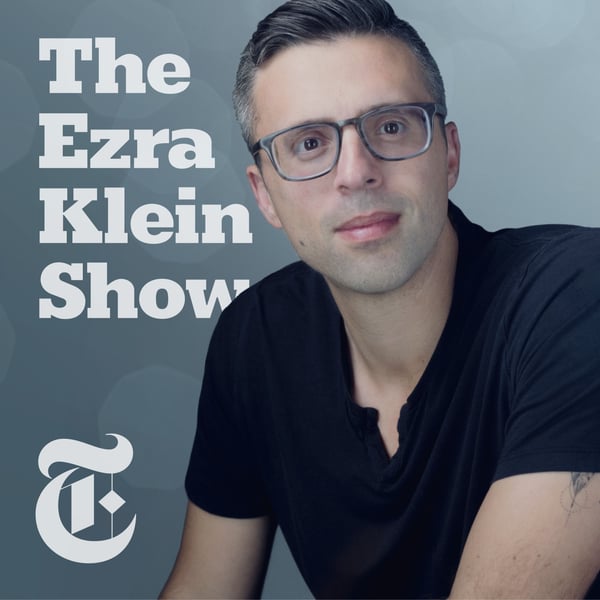How to Do the Most Good
The Ezra Klein Show
New York Times Opinion
4.6 • 11K Ratings
🗓️ 5 October 2021
⏱️ 90 minutes
🧾️ Download transcript
Summary
Transcript
Click on a timestamp to play from that location
| 0:00.0 | I'm Ezra Klein and this is the Ezra Klein Show. |
| 0:21.1 | Over the past, I don't know, five, six years, I've been very influenced by the effective |
| 0:25.3 | altruism movement. |
| 0:27.1 | On one level, effective altruism is simple. |
| 0:29.3 | It asks, how do we do the most good we can with the money and the resources we have? |
| 0:35.7 | That turns out to be one a deceptively difficult question and two, weirdly, one that we don't |
| 0:42.1 | ask all that often, one that often times you think people are asking and they are not. |
| 0:47.2 | But the difficult parts are maybe more interesting. |
| 0:50.5 | How do you measure the most good? |
| 0:52.7 | What about when you think something is good, but it cannot really be measured? |
| 0:56.8 | Who defines good, who verifies impact? |
| 0:59.0 | How do you judge the value of, say, supporting art against the value of building housing for |
| 1:04.7 | the poor? |
| 1:06.4 | Effective altruism has roots in the academy. |
| 1:08.9 | Philosophers like Toby Ord and Wilma Cascull and Peter Singer, they've been central in |
| 1:14.2 | creating the movement and importantly, they're central in the way the movement thinks |
| 1:18.9 | and reasons. |
| 1:20.2 | The culture of effective altruism, in my experience, and this is both its best and worst |
| 1:25.3 | quality in a way, can feel like a philosophy grad seminar that never ends. |
| 1:30.6 | By that, I mean it delights in taking the logic of its questions as far as it will go. |
| 1:36.0 | It's unafraid, even ecstatic, to follow answers, it strikes others, it's very strange or |
| 1:41.1 | unintuitive, sometimes even cruel. |
... |
Please login to see the full transcript.
Disclaimer: The podcast and artwork embedded on this page are from New York Times Opinion, and are the property of its owner and not affiliated with or endorsed by Tapesearch.
Generated transcripts are the property of New York Times Opinion and are distributed freely under the Fair Use doctrine. Transcripts generated by Tapesearch are not guaranteed to be accurate.
Copyright © Tapesearch 2025.

